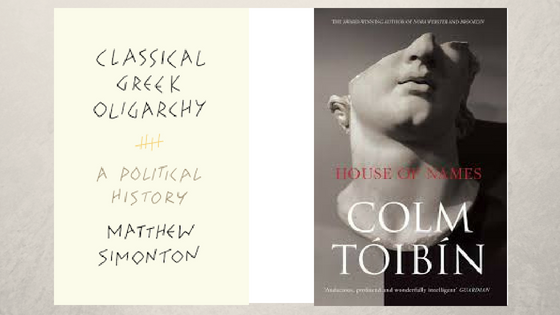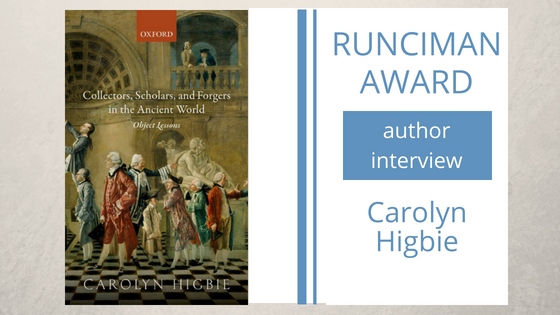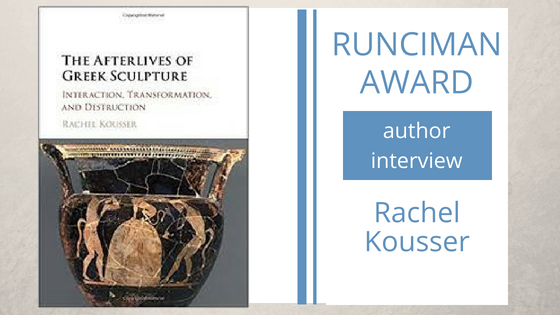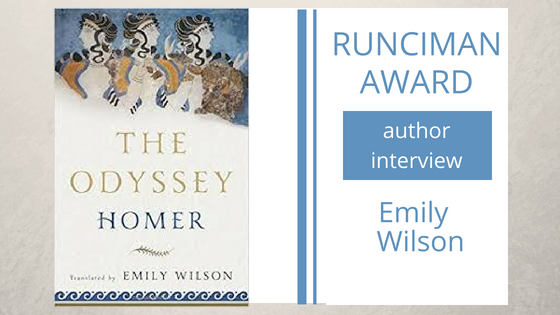Winners of 2018 Runciman Award
At a ceremony held at the London Hellenic Centre on 14 June, in the presence of HRH Prince Michael of Kent GCVO, President and Chief Patron of the Anglo-Hellenic League, Dr John Penney, chairman of the award judges, announced the judges’ decision that the winners of the Runciman Award this year were:- Matthew … Read more





